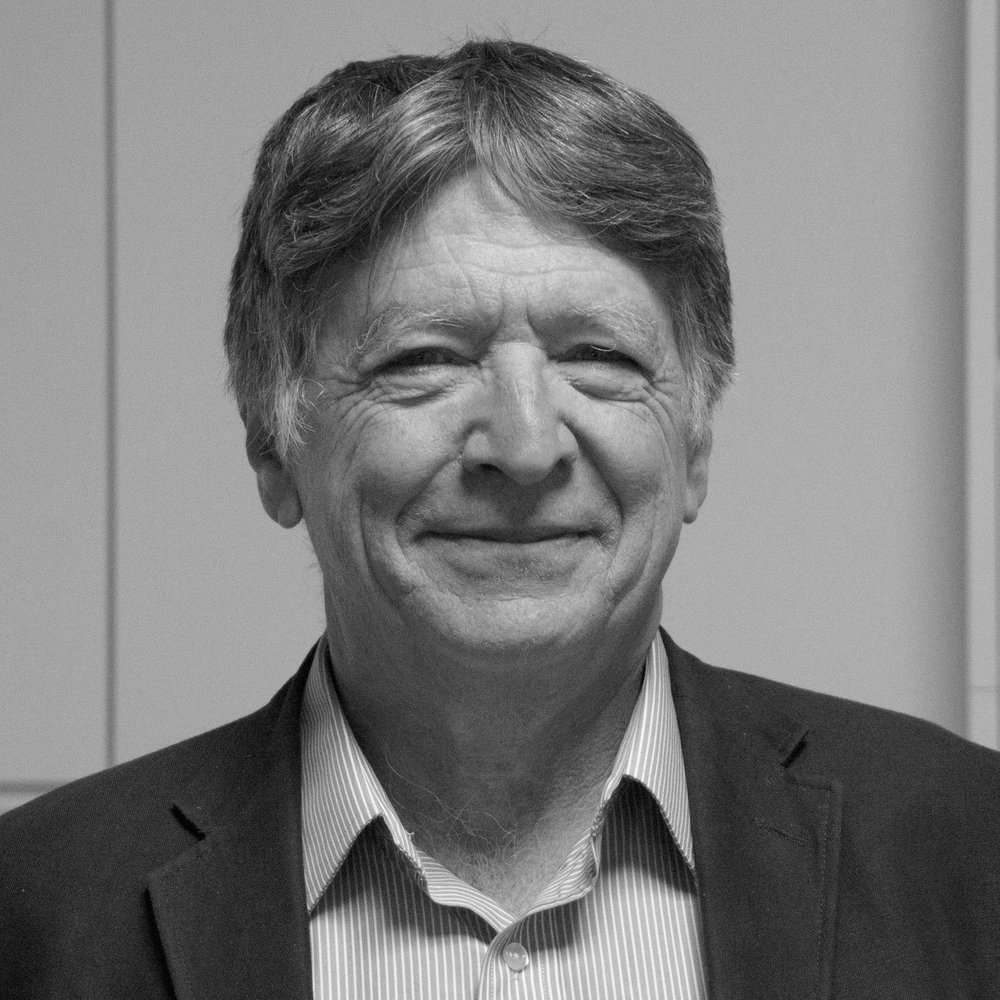
My projects continue to be explicitly collaborative and therefore I have become interested generally in the nature of collaborations at the core of the contemporary practice of diverse ethnographic research. I am interested in participating with others in the systematic rearticulation, and in some sense, reinvention, of the norms and forms of the classic modality of research in social/cultural anthropology: fieldwork with the writing of ethnography as outcome.
And I am interested in this project specifically in the pedagogical framework of producing graduate dissertations in newer topical arenas.
I am interested in how the marginal, incomplete, and belated specialty of the cultural/ethnographic study of elites in anthropology (subsuming the early projects of my career, in Tonga, on capitalist dynasties etc.) has become the means of pursuing an anthropology of contemporary change in most topical arenas. It is the necessity of working with experts and counterparts of various kinds as an orientation to fieldwork along with an abiding interest in the conditions of ordinary ,often subatlern life that generates the complexities of multi-sited research about which I have written.
Thus, my older interest in elites has become reinvigorated by asking what kinds of knowledge and what kinds of active participations from particular elites a project of critical ethnography that exceeds this orienting focus wants. In recent collaborations, I have pursued this interest in inquiries involving Portuguese nobles, European politicians, Latin american artists, U.S. bankers, and Brazilian intellectuals.